Description
Athlete Jesse Owens said it best: “In the end, it’s extra effort that separates a winner from second place. But winning takes a lot more that that, too. It starts with complete command of the fundamentals. Then it takes desire, determination, discipline, and self-sacrifice. And finally, it takes a great deal of love, fairness and respect for your fellow man. Put all these together, and even if you don’t win, how can you lose?”
Athletic success takes more than just talent; it calls upon and tests both the mind and body. Researchers have been trying for years to determine what an elite athlete is made of, and what is required to give and maintain a consistently strong performance. Equipped with this type of insight and understanding, coaches are better able to identify a player’s strengths and limitations, and help him or her become a physically and psychologically strong athlete.
Research on the performance of professional athletes has shown that there are five main factors that contribute to success:
- Elite athletes are highly committed to excel and succeed, eager to learn, and show amazing determination when it comes to self-improvement.
- They are confident in themselves and their skills, and take responsibility for their performance, whether good or bad.
- They show exceptional emotional control and are able to handle stress and pressure effectively. They are competitive and self-motivated.
- Their body is their temple. They are dedicated to staying in the best shape possible, but are careful not to push their body too hard.
- They have exceptional self-discipline, and work well in team settings.They use their greatest gift to their advantage: their mind. Elite athletes have exceptional mental focus and strength, using a multitude of visualization, motivation and concentration techniques to get into “game mode”.
The goal of this assessment is to provide insight into the psychological aspect of the individual’s performance, and to evaluate whether they possesses the traits and skills needed to be both a physical and mental competitor. Coaches know that the game starts long before a player steps out of the locker room. While raw talent can provide the basis for a good performance, it is the psyche that turns it into a great one.
Purpose: ASE Team – R assesses whether a person possesses the mindset of an elite athlete. This test is intended for athletes in team sports.
Vitals
No. of questions: 101
Question type: Self-report, situational
Estimated completion time: 25 minutes
Shorter versions of assessment: Yes
Recommended age level: 18+
Qualification Level: Class A
Compliance: APA standards ; EEOC standards
(gender, age)
Validation Information:
● Sample Size: 1,345
● Cronbach’s Alpha: 0.90
Features
Benchmarks: Available (general population and sports industry)
Group Comparisons: Available
Report Includes:
● Summary
● Introduction
● Graphs
● Detailed narrative interpretation
● Strengths and Limitations
● Impression Management
● Advice
Factors and Scales:
Overall Score plus 13 scales, including:
● Coachability: Assesses whether an athlete’s disposition and attitude are likely to benefit
from coaching, or could cause difficulties or friction.
● Work Ethic: Extent to which an individual behaves in a diligent, reliable, and ethical manner,
is willing to work hard, and plays by the rules.
● Competitivenes: Degree to which a player strives to be the best and to win.
● Accountability: Willingness to be accountable for one’s behavior, decisions, and mistakes.
● Self-Control: Ability to regulate and manage emotions and behaviors; to stay disciplined.
● Perseverance: Assesses the degree to which a player is goal oriented and persistent.
● Game Preparedness: Extent to which a person puts a conscientious effort into getting ready
for a game.
● Mental Strength: Ability to stay psychologically strong in the face of difficulty and challenge.
● Focus: Assesses a person’s mindset and concentration skills.

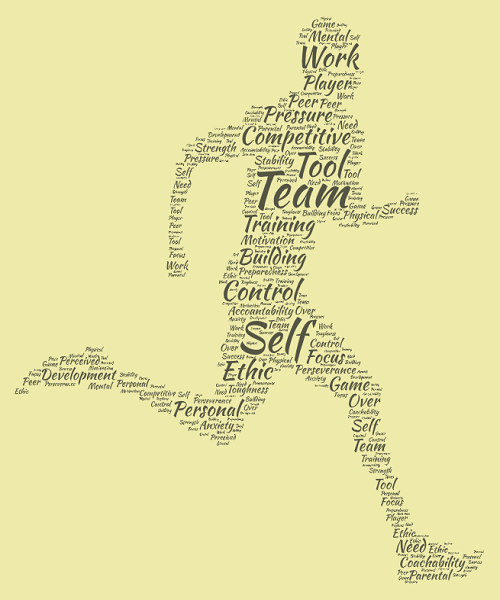
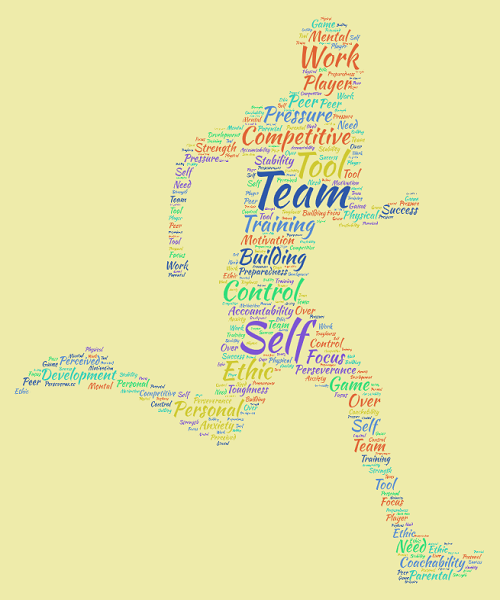
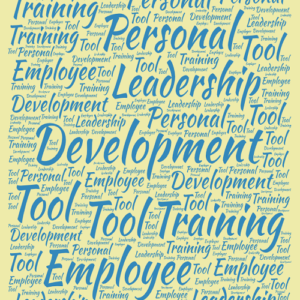
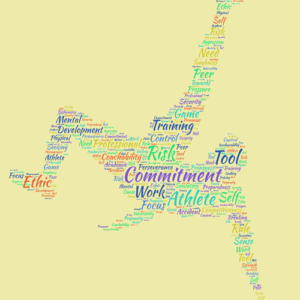
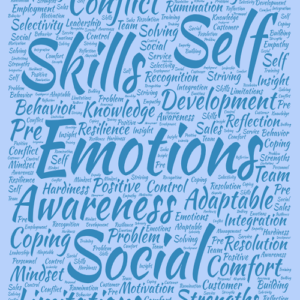
Reviews
There are no reviews yet.